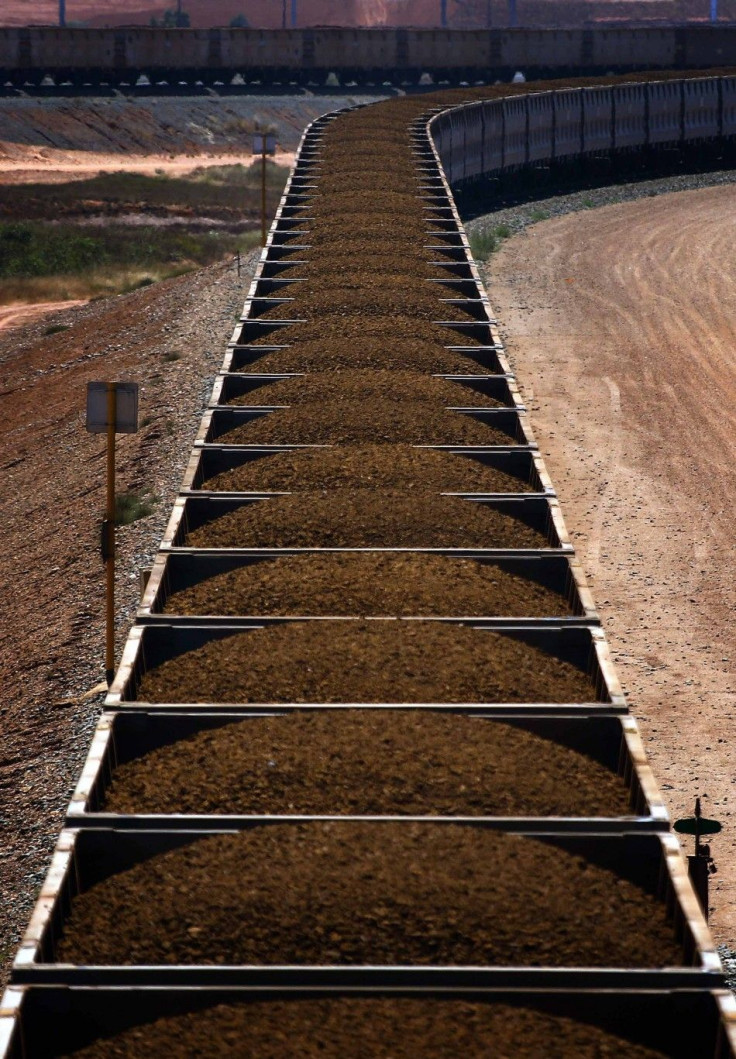Rio Tinto Says Demand For Iron Ore Still Strong Despite Lower Price; Australia Seeks More Info About Beijing Tariff On Coal Imports

Only the price of iron ore has plummeted to a five-year low, but demand for the key steelmaking ingredient is still high, said mining giant Rio Tinto (ASX: RIO). While the miner expects 125 million tonnes of expensive iron ore supply to leave the market in 2014, Rio anticipates demand for iron ore will remain high as China's steel production would reach about 1 billion tonnes by 2030.
Besides China, demand for iron ore would likewise expand in emerging economies such as India, Southeast Asia and the Middle East where the construction boom go on unabated.
By striving to retain its status as lowest-cost major producer of iron ore in the world, Rio registered a unit cost of $20.40 per tonne for the first six months of 2014, even 11 per cent lower than its unit cost for the same period in 2013.
YouTube/Financial Times
Meanwhile, the Australian federal government sought assistance from its embassy in Beijing to verify reports that China would impose tariffs on coal imports.
According to reports cited by The Australian, there would be a 3 per cent tariff on coking coal and 6 per cent on non-coking coal amid a zero per cent tariff target under a proposed free trade agreement between Beijing and Canberra.
About 10 per cent of Australia's coal exports are delivered to China, its fourth-largest coal buyer.





















